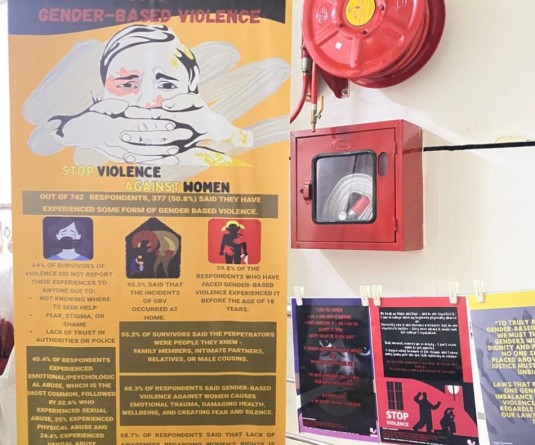
New Delhi, January 30 (HT): Nagaland may be given a separate official flag under the final accord expected to be signed soon by the Union government and the National Socialist Council of Nagalim (Isak-Muivah), sources said. The issue of giving the northeastern state its own flag is almost decided, the sources familiar with developments in the ongoing negotiations told HT.
A separate flag is one of 33 demands made by the NSCN-IM, which has been engaged in talks with the central government since a truce was finalised in 1997. The NSCN-IM’s demand for a separate currency has been ruled out. VS Atem, an emissary of the NSCN-IM’s central leadership and a key figure in the talks, had told HT earlier: “If Kashmir can have a separate flag, why not Nagas? China also has separate flags for Macau, Hong Kong and Taiwan.” Other demands include a separate constitution, dual citizenship and the creation of “Nagalim” by integrating all Naga-inhabited areas of Assam, Arunachal Pradesh, Manipur and Nagaland, but the last demand is expected to be put on the “backburner for now” because of opposition from the other states.
Under the final agreement, certain items are expected to be transferred from the Central and Concurrent list of the Constitution to the State list, which would imply greater powers for Nagaland.
The peace accord is expected to figure in the forthcoming budget session of Parliament as the document will have a few clauses requiring parliamentary sanction. They include the concept of “shared sovereignty”, special constitutional privileges to safeguard the traditional rights of Nagas with recognition of the “uniqueness of their history”.
The central government and the NSCN-IM inked a “framework agreement” in August last year to pave the way for a final accord to end one of the longest running insurgencies in Asia. Nagaland is presently governed under Article 371 A of the Constitution, which confers the right over land and resources to the Nagas.
The negotiations have been a closely guarded secret since August 3, 2015. According to sources, even the home ministry and the Intelligence Bureau are not privy to the discussions, with the National Security Council assuming a vital role that is steered by National Security Adviser Ajit Doval and Joint Intelligence Committee chief RN Ravi.






